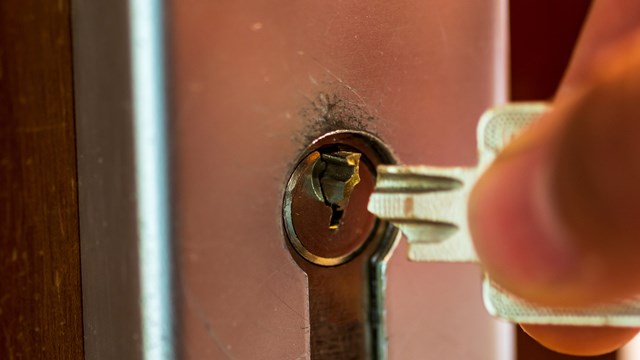Q. Our 12-unit association is self-managed. An owner installed a dishwasher without any written request for approval from the board. The board told her that we believed this was a violation, since all 12 units share one water tank and one water meter. The water bill is included and paid with monthly assessments and is significant. Our bylaws were written in the 1970s, and laws change. The owner’s defense here is that the dishwasher uses less water than doing dishes by hand. Are they in violation for not clearing the installation with the board beforehand? If so, what are our options?
—Playing by the Rules
A. “Although the question does not identify the state in which this condominium is located, most condominium statutes would leave this type of detailed issue to the language of the particular association’s governing documents,” says Gary M. Daddario, partner in Marcus, Errico, Emmer & Brooks, PC, in Merrimack, New Hampshire.
“The statutes do all require unit owners to comply with the provisions of their association’s governing documents. Notwithstanding the unit owner’s argument that a dishwasher uses less water than hand-washing, whether or not the installation of the dishwasher was a violation of the governing documents depends on the specific language of the documents of your association.
“Often, even when it comes to alterations within a unit, association documents will require an owner to obtain board approval if they are going to touch any of the association’s property. In the case of a dishwasher, it is possible that the association’s common plumbing was touched in order to provide water to the appliance and/or that the association’s common plumbing was touched in order to provide drainage for this appliance.
“If this is the case and if the documents require approval before any owner can perform an alteration to any common areas, including common plumbing, then this installation was a violation. Similarly, it is not uncommon for association documents to require approval for interior work in a unit, even if it is just to ensure that the work is performed by a qualified professional with satisfactory insurance and in accord with any municipal permitting that may be required for the work.
“In the unlikely event that the association’s documents truly fail to address this issue, then because the installation occurred within the unit, the association may be unable to prove that it was a violation. In this case, if the association has legitimate concerns and the unit owner is uncooperative, it will be necessary to check the language of your state’s applicable statute to see if there is applicable language and if it affords any enforcement rights to the association.”







Leave a Comment